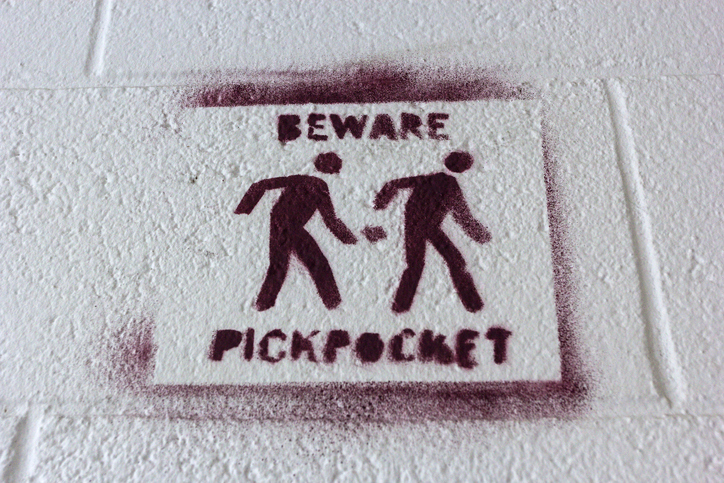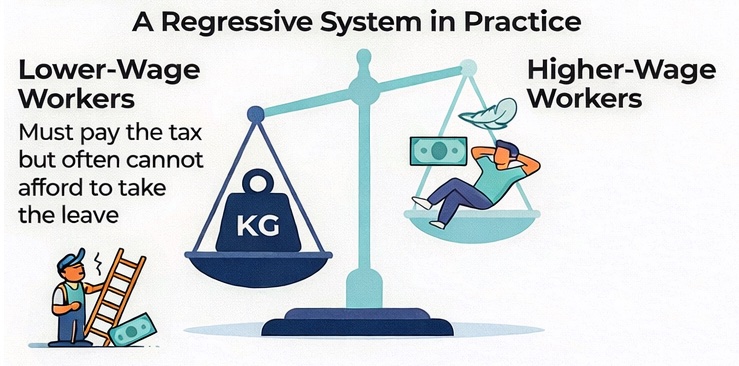Last week the Senate passed HB 1087, a bill that would impose a $1 billion annual payroll tax on workers to fund the creation of a Long-Term Services and Support (LTSS) entitlement program. The new program would provide limited benefits for certain workers to help pay the cost of long-term care they may need in the future.
While the bill passed the House with little fanfare and some bipartisan support (63-33) on February 21, debate in the Senate was considerably livelier with a party line vote.
Republicans opposed to HB 1087 offered more than three-dozen amendments, which the Senate whipped through, prompting Senator Sheldon to complain about the lack of measured discussion and debate on the bill and its numerous amendments, and the speed those amendments were moving.
The most controversial of the amendments was one to add a referendum clause to send the bill to the voters for approval or rejection.
Speaking in favor of the amendment giving voters the final say on the bill, Senator Eriksen urged his colleagues: “Instead of asking unions standing outside this door, ask the people of Washington state if this is what they want.”
That amendment failed.
The union Sen. Eriksen was referencing is the Service Employees International Union (SEIU). The new LTSS program (and the corresponding $1 billion annual payroll tax) is rumored to be the #1 priority of SEIU this legislative session.
Two of the amendments that did pass would exempt workers who have long-term care insurance from paying the new payroll tax and accessing the benefit, and would increase the vesting requirements to collect the long-term care benefit. The bill originally specified that a worker would have to work a minimum of 208 hours per year for a specified number of years to be eligible to collect the benefit, and the amendment increased that to 500 hours each year. Workers with fewer hours or insufficient years of employment would still pay into the LTSS program, but would not receive any benefits.
In other words, this amendment has the effect of ensuring even more workers will never qualify to collect the benefit, but they will still give the state a portion of every paycheck to fund the program.
So when the bill’s sponsor, Representative Laurie Jinkins, says the bill is “a way to try and give people a benefit that they've paid into,” what she really means is the bill is a way to make people pay for a benefit that many will never receive.
So just how much will workers be paying? According to the state Office of Financial Management (OFM), the new payroll tax levied by HB 1087 would take more than $1 billion from workers’ paychecks each year.
Supporters of the new program say that $1 billion annual price tag will help reduce the state’s Medicaid spending. But it is estimated the state will save an average of just $65 million per year over the next three decades. But even that savings is overstated after considering the cost of the new LTSS program. OFM estimates the state will need to hire 130 new FTEs (full time employees) and will spend more than $22 million per year to run the new program.
So workers pay $1 billion in new taxes every year so the state can save a meager $43 million.
That cost versus benefit simply does not pencil out.
HB 1087 now heads back to the House for final approval since the Senate amended the version that originally passed the House.






